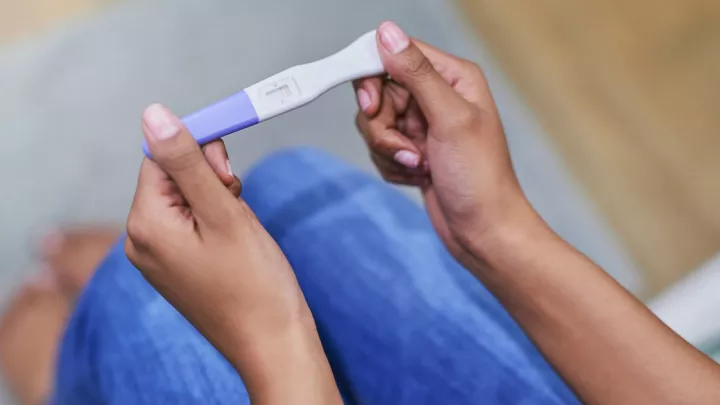You asked, we answered: Is it possible to have twins if they don't run in my family?

Question:
Is it possible to have twins if they don't run in my family?
Answered by maternal-fetal medicine specialist Maggie Kuhlmann, MD
Twins are born in 33 out of every 1,000 pregnancies in the United States. Women of certain ethnic backgrounds, such as women from West African countries, may have a slightly increased chance of carrying spontaneous twins. However, it is unknown if this is due to genetic or environmental influences, or both.
Are twins hereditary? It depends. Twins can be “identical” or “fraternal” (nonidentical). It is more common to see fraternal twins run in families. The genetics of twinning are not fully understood.
Here’s the difference:
- Identical twins occur when one egg and one sperm unite and form a “zygote.” This zygote separates into two babies. These babies have the identical genetic makeup.
- Fraternal twins occur when two separate eggs are fertilized by two separate sperm, and each zygote grows in the uterus at the same time. Fraternal twins have the same genetic similarity as other siblings.
Other circumstances may also increase the likelihood of twins. Pregnancies achieved by in vitro fertilization or the use of fertility medications can increase the likelihood of twins (primarily fraternal). In cases of in vitro fertilization, twins are most likely when two embryos, instead of one, are transferred into the uterus.
From midwives to high-risk maternal-fetal medicine specialists, the Olson Center for Women’s Health team of experts works together throughout your pregnancy to ensure a safe and comfortable experience every step of the way. Call 800.922.0000 to make an appointment.







